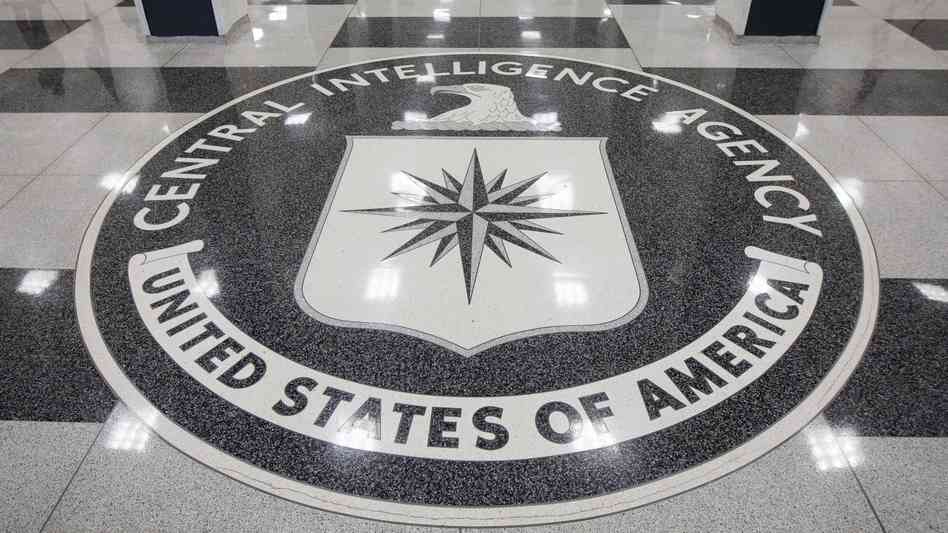The Moral Vacuity of The Intercept
In our new book, Whistleblowers, Leaks and the Media, my co-editors and I talk at some length about what we characterize as the "fundamental tension" that lies at the heart of news reporting today involving national security matters. The tension -- between transparency and secrecy -- is fundamental for two distinct reasons: First, because at bottom it involves two exceedingly important values -- government efficacy in protecting the body politic and citizen control of government as
Published by The Lawfare Institute
in Cooperation With

In our new book, Whistleblowers, Leaks and the Media, my co-editors and I talk at some length about what we characterize as the "fundamental tension" that lies at the heart of news reporting today involving national security matters. The tension -- between transparency and secrecy -- is fundamental for two distinct reasons: First, because at bottom it involves two exceedingly important values -- government efficacy in protecting the body politic and citizen control of government as a check on abuse. Second, because (at least in America) the tension between these two is ineradicable -- it is baked into our Constitutional structure and our social DNA. Since the time of the Founding, Americans have struggled to with this tension -- not to resolve it, but to manage it. As we put it in the introduction to the book:
In the end, we think the tension metaphor may present a false choice – that you can either have transparency and accountability or you can have secrecy and effectiveness. If we really were put to such a choice it would a difficult, indeed almost existential, question – but the choice is not real. The United States can, and indeed, does have both transparency and secrecy; both accountability and effectiveness. The goal should be to maximize both values to the extent practicable. And that, at bottom, is the theme of this book. It’s not about “resolving” the fundamental tensions that exist permanently in American democracy. It’s about managing them, living with them and accommodating the competing values to the maximum extent practicable. We all want to be safe; we all want an effective government that can provide national security; and we all want one that acts within the rule of law. We all want a government that is transparent and accountable, not despotic. And we all want a legal and policy structure that fosters our desires.Serious journalists and policy professionals understand this challenge. They give the competing values purposeful consideration and do their best to manage the issues on a case by case basis. I have the utmost respect for those engaged in the profession (indeed I teach at the Medill School of Journalism precisely because their work is important) even when, as is often the case, I disagree with the choices they make. There is a high-mindedness to their efforts that deserves our respect and support. Then there is The Intercept. Nothing that I can think of justifies some of their "journalistic" choices -- this disclosure of a TSA security vulnerability being the most recent instance that finally drove me to comment. The article reveals that the TSA has sent its staff a notice about a possible vulnerability through a type of explosive that the TSA's system is not equipped to detect. Read carefully there is no allegation of misconduct; no allegation of malfeasance; no allegation of error. The closest to a justification for publishing the classified material that The Intercept can come up with is that there is a bureaucratic "CYA-type" nature to disclosure -- because it does not come with any solution to the vulnerability. Even on its own terms that argument is curious -- bureaucratic gridlock is a ground for disclosing information that could result in real harm to individuals. I'm not sure how any moral calculus makes that choice. More to the point, had the vulnerability not been disclosed, the TSA might well have been charged with "concealing" its own lack of competence. To be sure, there are any number of reasons to think that TSA is not doing a great job --- but identifying and publicizing to its staff a vulnerability for which it has yet to devise a solution is not an example of incompetence or misfeasance. It's generally good governance -- since the first step toward a solution is identifying a problem. So why would The Intercept publish such a piece? Transparency without a ground of oversight or audit or review is nothing more than voyeurism. And, at bottom, that is just moral vacuity. It reflects a failure to grapple with hard questions of justification and need, replacing them with little more than narcissism of the "see how important I am" variety.
Paul Rosenzweig is the founder of Red Branch Consulting PLLC, a homeland security consulting company and a Senior Advisor to The Chertoff Group. Mr. Rosenzweig formerly served as Deputy Assistant Secretary for Policy in the Department of Homeland Security. He is a Professorial Lecturer in Law at George Washington University, a Senior Fellow in the Tech, Law & Security program at American University, and a Board Member of the Journal of National Security Law and Policy.



-final.png?sfvrsn=b70826ae_3)

